Fluoride Treatments: An Important Shield for Your Teeth
Fluoride treatments play a crucial role in oral health by strengthening tooth enamel. Likewise, they makes teeth more resistant to decay. Fluoride is a natural mineral found in various sources, including drinking water, certain foods, and dental products. Accordingly, when you shop for toothpaste and mouthwash, be sure to look for ADA approved brands containing fluoride.
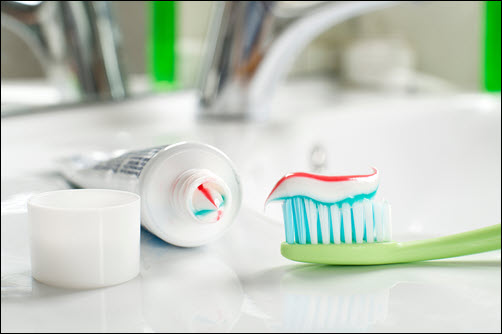 The primary benefit of fluoride is its ability to remineralize tooth enamel, repairing minor tooth decay before it becomes a cavity. This process not only protects teeth from future decay but can also reverse early signs of tooth decay. For children, fluoride is particularly important as it strengthens developing teeth. It provides a solid foundation for a lifetime of oral health.
The primary benefit of fluoride is its ability to remineralize tooth enamel, repairing minor tooth decay before it becomes a cavity. This process not only protects teeth from future decay but can also reverse early signs of tooth decay. For children, fluoride is particularly important as it strengthens developing teeth. It provides a solid foundation for a lifetime of oral health.
In addition to topical fluoride found in dental products, systemic fluoride supplements and fluoridated water contribute to enamel strength. Community water fluoridation is a widely endorsed public health practice. It reduces cavities in both children and adults by about 25%.
Despite its benefits, it’s important to use fluoride appropriately. Excessive intake during tooth development can lead to dental fluorosis. Therefore, it’s essential to follow dental recommendations regarding fluoride use, especially for children.
In summary, fluoride is a valuable ally in the fight against tooth decay. It offers protection and strengthening for teeth at any age. By incorporating fluoride into your oral care routine and taking advantage of community resources like fluoridated water, you can help ensure a healthy, resilient smile. During our patients’ routine dental visits for exams and professional cleanings, we offer in-office fluoride treatments to keep teeth strong and healthy.


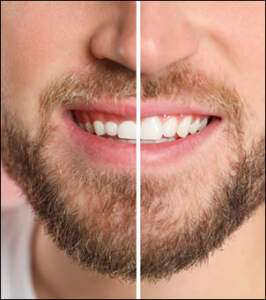 Tooth or gum reshaping works for any patient, regardless of age. However, it is more common for teens or adults as they no longer have baby teeth. Teeth reshaping is most used for the following situations:
Tooth or gum reshaping works for any patient, regardless of age. However, it is more common for teens or adults as they no longer have baby teeth. Teeth reshaping is most used for the following situations:
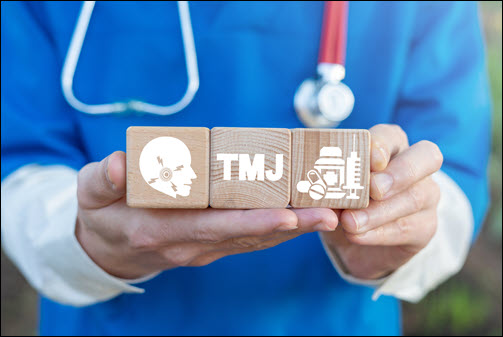 Diagnosis:
Diagnosis: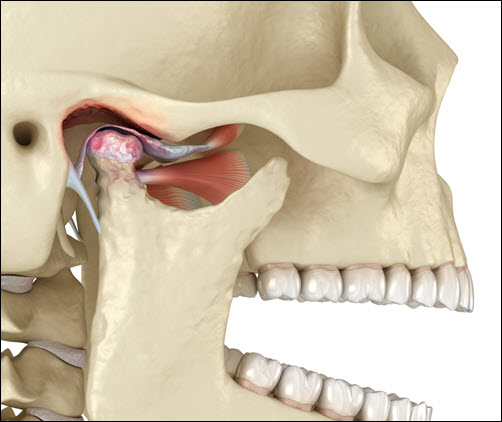 Advanced Treatments:
Advanced Treatments: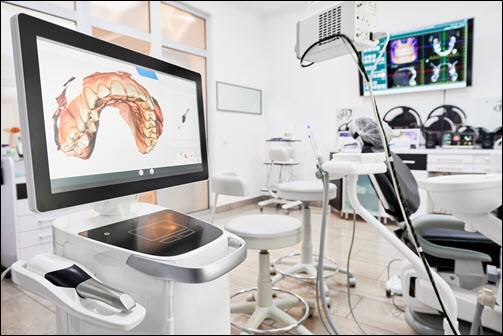
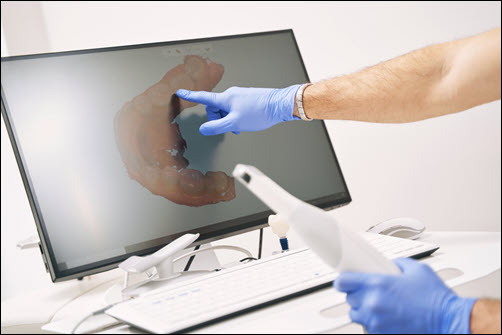 1. Superior Accuracy and Detail:
1. Superior Accuracy and Detail: